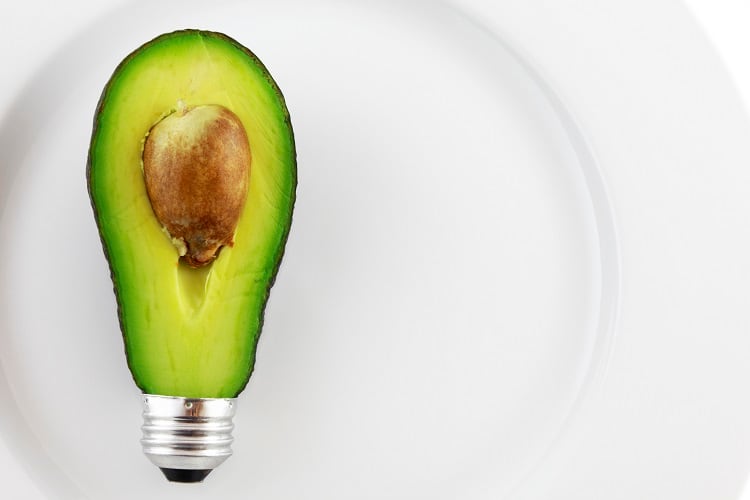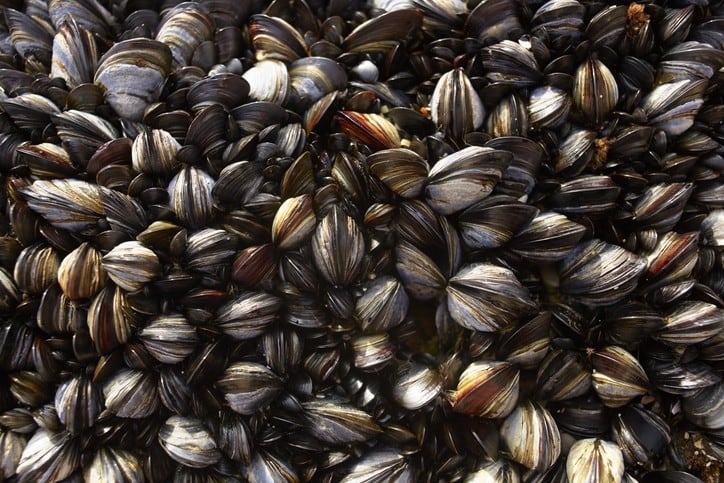“Melanoma is the fifth most common cancer in the USA and the risk of developing melanoma over a lifetime is one in 38 for white people, one in 1,000 for Black people and one in 167 for Hispanic people,” Eunyoung Cho, the corresponding author, observed.
“Although fish intake has increased in the USA and Europe in recent decades, the results of previous studies investigating associations between fish intake and melanoma risk have been inconsistent. Our findings have identified an association that requires further investigation.”
What does the data say?
The study was based on data from the NIH-AARP Diet and Health Study, which is a large long-term study examining the relationship between diet and health involving 3.5 million US citizens. Brown researchers analysed data from around 500,000 adults.
They found that people who ate around two portions of fish a week – a daily average of 42.8 grams – had a 22% higher risk of malignant melanoma compared people who ate a daily average of just 3.2 grams.
The researchers also found people who are two portions of fish a week had a 28% increased risk of developing abnormal cells in the outer layer of the skin only – known as stage 0 melanoma or melanoma in situ – compared to the low consumption group.
The study highlighted similar associations with specific fish types. Participants with the highest intakes of tuna (about 14 grams per day) and non-fried fish (about 18 grams per day) both had around a 20% higher risk of developing malignant melanoma compared to those with the lowest intakes.
But when the fish was fried, the association reversed. Those who had the highest fried fish intake (about 9 grams per day) had a lower risk of developing malignant melanoma compared to those who didn’t eat fried fish.
Should we re-think advise to eat fish?
The UK’s National Health Service recommends that people eat two portions of fish a week due to its association with health benefits including cardiovascular health. With fish long held up as a healthy protein and included in national dietary guidelines, what could be behind these surprising findings?
“We speculate that our findings could possibly be attributed to contaminants in fish, such as polychlorinated biphenyls, dioxins, arsenic and mercury,” Eunyoung Cho suggested.
“Previous research has found that higher fish intake is associated with higher levels of these contaminants within the body and has identified associations between these contaminants and a higher risk of skin cancer. However, we note that our study did not investigate the concentrations of these contaminants in participants’ bodies and so further research is needed to confirm this relationship.”
But before we turn the conventional wisdom that fish consumption is an important part of a healthy diet on its head, the European Food Information Council (EUFIC) highlighted some issues that need to be considered.
“As an observational study, this research is based on what the researcher observed, without any experiments or manipulation of the research subjects. Such studies can’t prove direct cause and effect – they only demonstrate associations,” EUFIC experts stressed.
Other limitations to the research include a reliance on ‘food frequency’ questionnaires that, although a validated way of assessing diets, can mean estimates of fish intake are inaccurate as they rely on people’s ability to calculate their own food intake.
Importantly, EUFIC stressed: “Any risk from ‘two portions of fish a week’ may be outweighed by the benefits: Fish, particularly oily, has been associated with many health benefits.”
Source
Fish intake and risk of melanoma in the NIH-AARP diet and health study
Cander Causes & Control
Authors: Yufei Li, Linda M. Liao, Rashmi Sinha, Tongzhang Zheng, Terrence M. Vance, Abrar A. Qureshi & Eunyoung Cho




